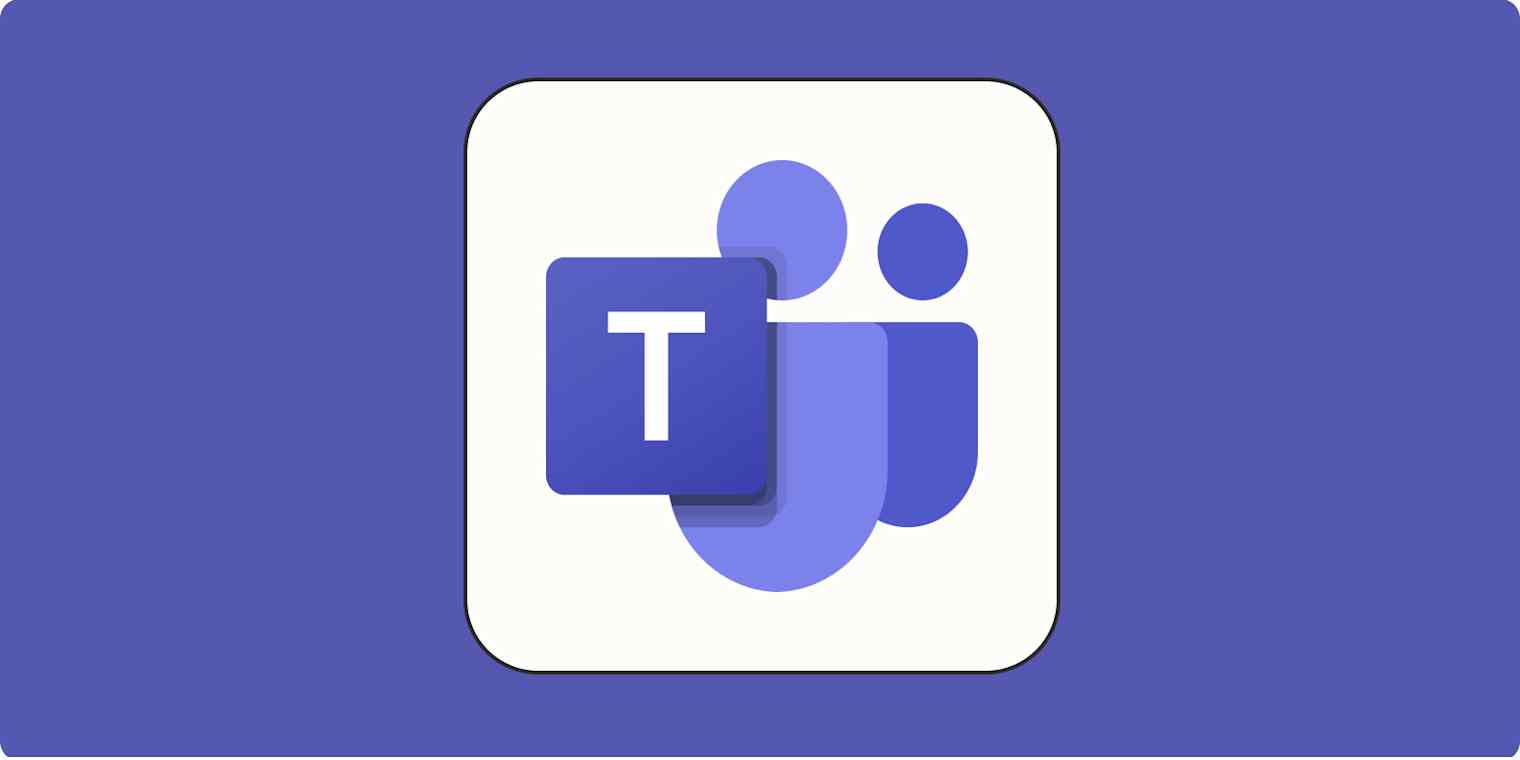lipflip – Microsoft Teams will introduce two new security features next month to protect users from online threats in chats and channels. The platform will actively detect and warn users when they receive malicious URLs. It will also block dangerous file types, such as executable files, which often spread malware.
Read More : Microsoft’s Store Removes Option to Halt App Updates
These updates were confirmed through a new entry on the Microsoft 365 Roadmap. With the company stating that the features aim to increase user protection. The malicious URL detection will scan links shared in chats and channels, warning users before they click on harmful content. Meanwhile, the file blocking feature will prevent users from sending or receiving certain file types commonly associated with cyberattacks.
Currently marked as “in development,” these features are scheduled to roll out across all Teams platforms, including Android, iOS, desktop, and web. Their release comes in response to growing concerns over Teams-based phishing attacks and file-based threats that have targeted organizations in recent months.
Microsoft has emphasized the importance of securing communication tools, especially as more companies rely on Teams for daily collaboration. These new protections aim to prevent threats from reaching end users in the first place, closing a major gap in workplace cybersecurity.
New Protections Follow Growing Cyber Threats Targeting Teams Users
The introduction of these security features follows a rise in cyberattacks that exploit communication platforms like Microsoft Teams. In one notable case, the Russia-linked ransomware group Black Basta used Teams to target employees by impersonating IT support staff. Victims received convincing messages with malicious links and QR codes which once clicked. Allowed attackers to install remote access tools and lock corporate data for ransom.
By blocking weaponizable file types and alerting users to risky URLs. Microsoft aims to reduce the success rate of these sophisticated attacks. The new features are part of a broader strategy to make Teams a more secure platform for remote and hybrid workforces.
Last month, Microsoft introduced a Prevent Screen Capture feature to stop screen recording during meetings. This was another step toward improving security and privacy for users. Upcoming enhancements also include threaded message replies, which will help organize chats and reduce confusion in ongoing conversations.
Read More : Google Launches Tensor G5, Its First 3nm Smartphone Chip
These updates demonstrate Microsoft’s continued investment in strengthening Teams as both a collaboration and secure communication tool. With attackers growing more creative in their methods, proactive security features like these are essential.
As the new protections roll out, organizations are encouraged to educate staff on best practices for identifying suspicious content. The features are not a complete replacement for security awareness, but they provide an added layer of defense against emerging threats in digital workspaces.
